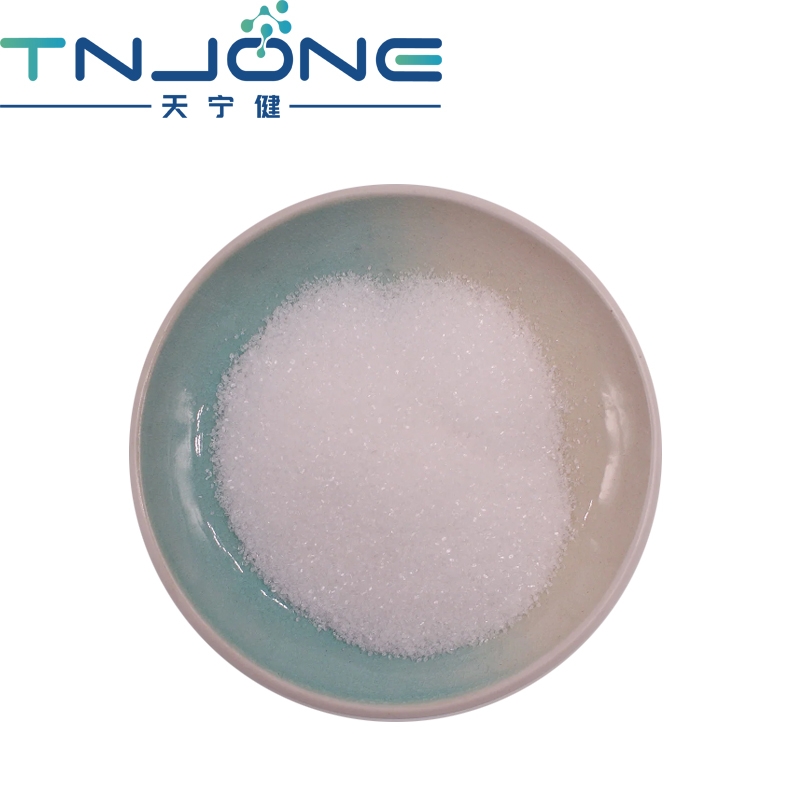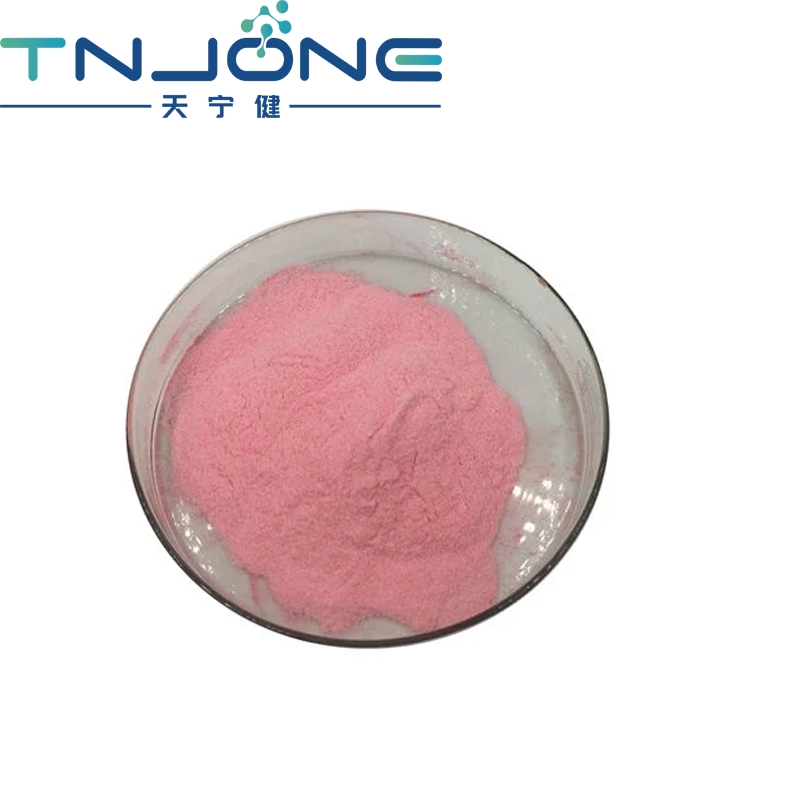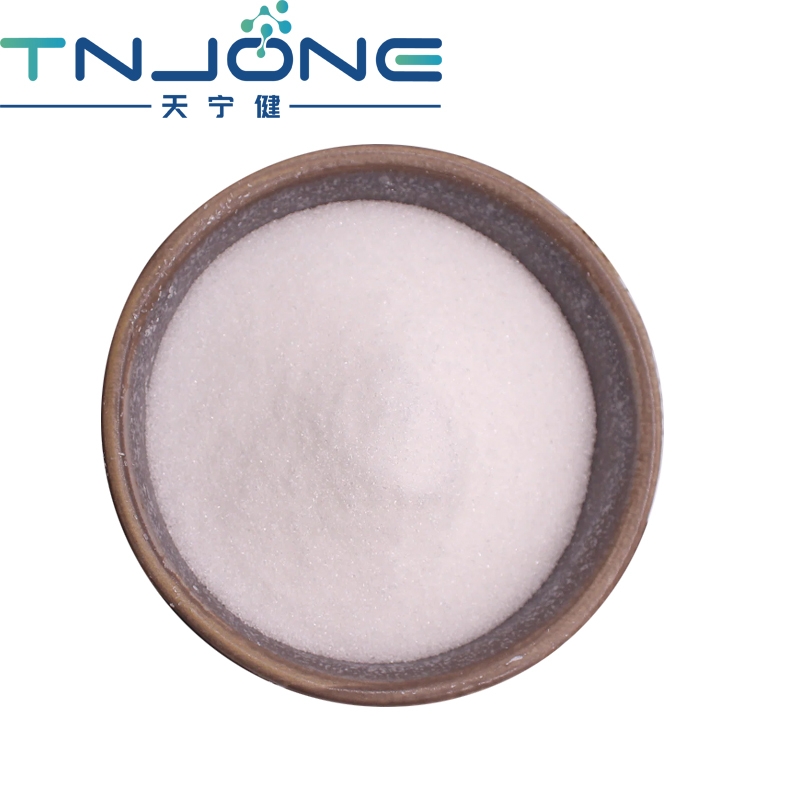-
Categories
-
Pharmaceutical Intermediates
-
Active Pharmaceutical Ingredients
-
Food Additives
- Industrial Coatings
- Agrochemicals
- Dyes and Pigments
- Surfactant
- Flavors and Fragrances
- Chemical Reagents
- Catalyst and Auxiliary
- Natural Products
- Inorganic Chemistry
-
Organic Chemistry
-
Biochemical Engineering
- Analytical Chemistry
-
Cosmetic Ingredient
- Water Treatment Chemical
-
Pharmaceutical Intermediates
Promotion
ECHEMI Mall
Wholesale
Weekly Price
Exhibition
News
-
Trade Service
Food Partner Network News In order to facilitate Chinese enterprises exporting to South Korea to understand South Korea's inspection of imported food , to understand the types of South Korea's early warning information notification, product types, and the impact and measures on enterprises, Food Partner Network has organized the relevant content of South Korea's early warning information, with a view to Provide assistance to enterprises exporting to Kor.
1
Korea's three-stage management of imported food
South Korea manages imported food in three stages: production stage, customs clearance stage, and circulation sta.
On-site inspection of overseas production enterprises is carried out before import, and precise inspection, random sampling inspection, on-site inspection, and document inspection are adopted in customs clearance (import) stage inspecti.
, carry out random inspection in the circulation stage, this triple safety management system to strengthen the safety of imported food, see Figure 1 for detai.
On-site inspection of overseas production enterprises is carried out before import, and precise inspection, random sampling inspection, on-site inspection, and document inspection are adopted in customs clearance (import) stage inspecti.
, carry out random inspection in the circulation stage, this triple safety management system to strengthen the safety of imported food, see Figure 1 for detai.
FigureThree stages of Korea's imported food safety management system
2
Korea Imported Food Inspection Process and Methods
The inspection process of Korean imported food is shown in Figure
FigureImported food inspection process in Korea
If food, food-related products and other products want to enter South Korea for sale, they must comply with the health and safety requirements of South Korean regulatio.
For products that do not meet the requirements, South Korea will issue an early warning notification to unqualified products from all over the world according to the situation, and the notification information will be releas.
On the official website operated by the Ministry of Food and Drug Safety of Kor.
For products that do not meet the requirements, South Korea will issue an early warning notification to unqualified products from all over the world according to the situation, and the notification information will be releas.
On the official website operated by the Ministry of Food and Drug Safety of Kor.
3
Types of Korean Warning Information Notifications and Product Types
For imported products, South Korea will inspect the products during the import declaration process, and unqualified products will be notified by early warni.
The notification information issued by South Korea is of the early warning notification ty.
Product types include food and food utensils and containers and packagi.
Food involves processed food, food additives, livestock products, aquatic products, agricultural and forestry products, and healthy functional foo.
The notification information issued by South Korea is of the early warning notification ty.
Product types include food and food utensils and containers and packagi.
Food involves processed food, food additives, livestock products, aquatic products, agricultural and forestry products, and healthy functional foo.
From January 1, 2021 to December 31, 2021, the specific proportions of various types of unqualified notification reasons are shown in Figure
Figure Reasons for various types of unqualified notification in 2021
4
Impact and measures on business
For imported food that is determined to be unqualified after inspection, the relevant importer shall, in accordance with Article 21 of the Special Law on Imported Food Safety Management and Article 30 and Paragraph 1 of Article 34 of the implementation rules of the Law, take measures to return it to the exporting country or Disposal and other measures, and after obtaining the approval of the Ministry of Agriculture, Forestry and Livestock Foods, the use is converted into feed (limited to the standards and specifications of food, e.
in accordance with Article 7 of the "Food Sanitation Law", grains or beans according to the "Food Management Law" can be used as fee.
in accordance with Article 7 of the "Food Sanitation Law", grains or beans according to the "Food Management Law" can be used as fee.
The importer must submit a treatment plan for the unqualified imported food to the local food and drug safety department within one mon.
If the unqualified imported food is not returned or destroyed within one year, the food imported by the relevant operator will be subject to a period of Years of close inspecti.
If the unqualified imported food is not returned or destroyed within one year, the food imported by the relevant operator will be subject to a period of Years of close inspecti.
If you want to continue to import products that were previously judged to be unqualified in the future, in order to find out the reasons for the unqualified and improve the unqualified items, the production company in the exporting country is required to take necessary measur.
If you need technical help to analyze the reasons for the unqualified, please consult the relevant Local Food and Pharma.
If you need technical help to analyze the reasons for the unqualified, please consult the relevant Local Food and Pharma.







